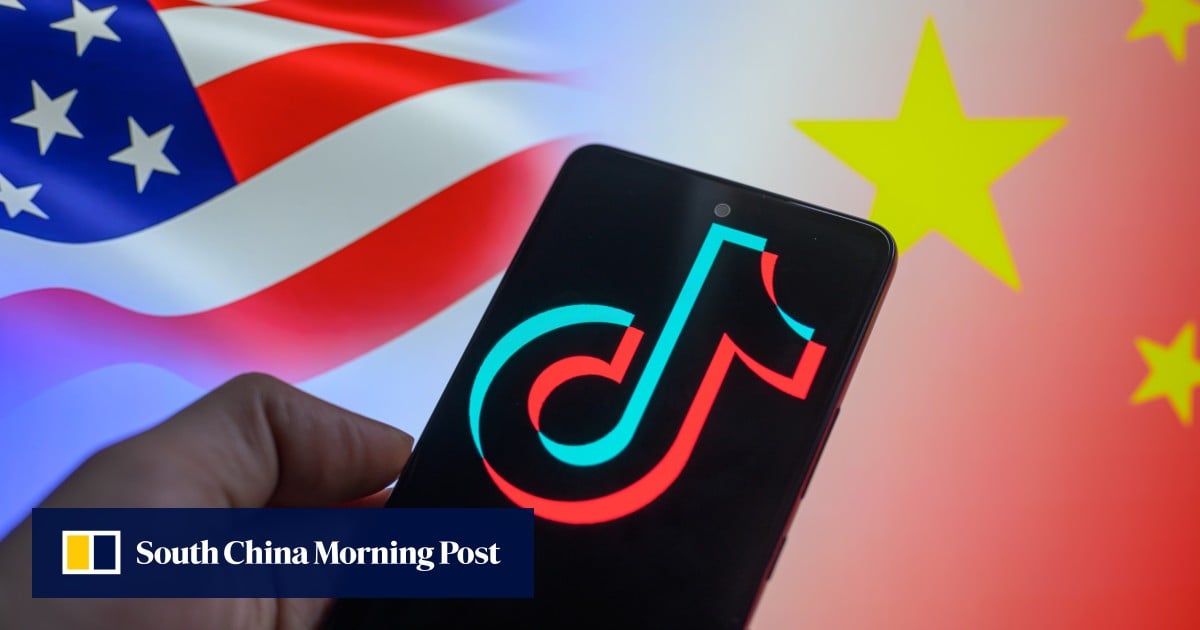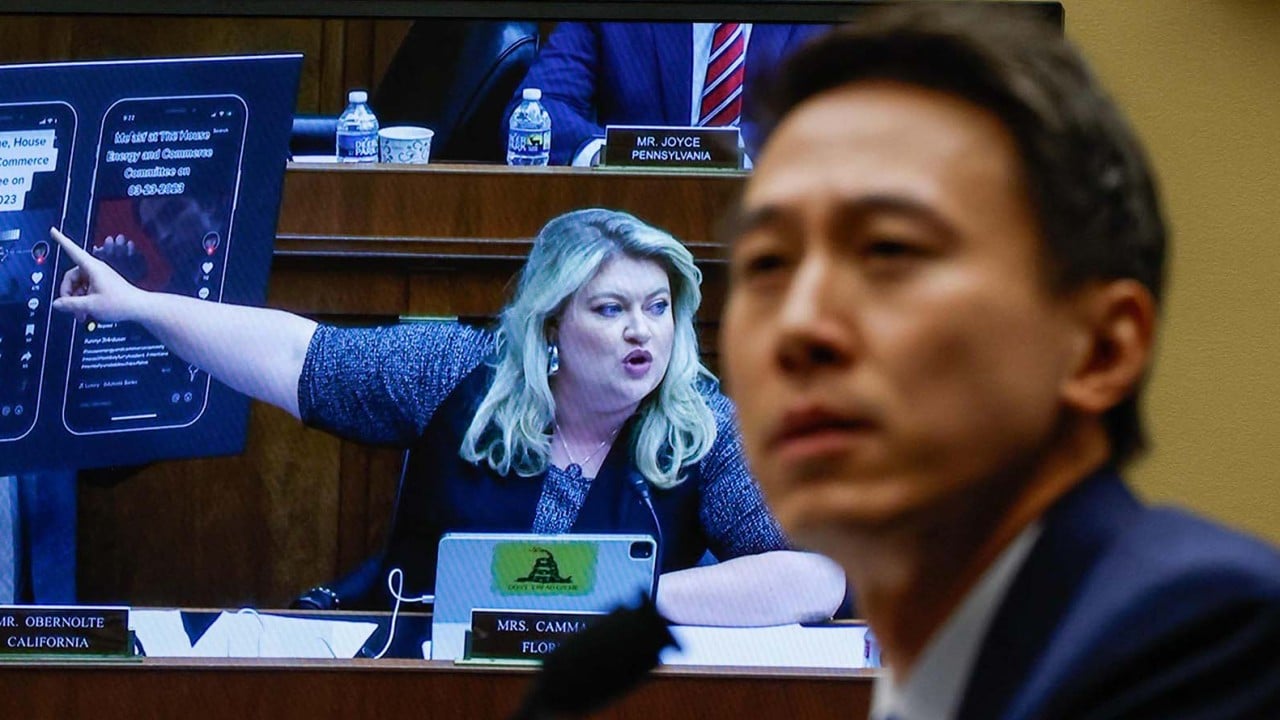
06 Mar China to oppose US lawmakers’ new move forcing ByteDance to divest TikTok amid mainland tech restrictions, analysts say
The Chinese government “would block the sale” even if ByteDance and other mainland investors were forced to divest their shares, according to Alex Capri, a senior lecturer at the National University of Singapore and a research fellow at Asia-based philanthropic organisation Hinrich Foundation.
“It’s unlikely that TikTok will ever be effectively banned in America”, Capri said. “Any attempt to ban it outright is likely to be struck down in US courts on the grounds that this violates a user’s First Amendment right to free speech.”
A TikTok spokesman on Tuesday described the new bill as “an outright ban” of the app, adding that it would “trample the First Amendment rights of 170 million Americans and deprive 5 million small businesses of a platform they rely on to grow and create jobs”.
TikTok told to break with China’s Communist Party or lose access to US users
TikTok told to break with China’s Communist Party or lose access to US users
An initial vote on the bill is expected this Thursday. It was sponsored by more than a dozen lawmakers led by Republican congressman Mike Gallagher, the chair of the House of Representatives’ select China committee, and top Democratic congressman Raja Krishnamoorthi.
An opinion piece on Guancha.cn, a nationalist Chinese website, played down the threat posed by the new bill, asserting that US politicians are showing “their political manoeuvring against TikTok” during an election year.
“We have been down this road before,” Paul Triolo, an associate partner for China and technology policy lead at consultancy Albright Stonebridge Group, wrote in a post on X on Wednesday. “Project Texas remains the best ‘solution’.”
US executive order to keep Americans’ personal data from ‘countries of concern’
US executive order to keep Americans’ personal data from ‘countries of concern’
China’s Ministry of Commerce said in March last year that Beijing would “firmly oppose” any move by the US government to force the sale of TikTok.
China would intervene because “the sale or divestment of TikTok involves technology export and must be subject to administrative licensing procedures in accordance with Chinese laws and regulations”.

